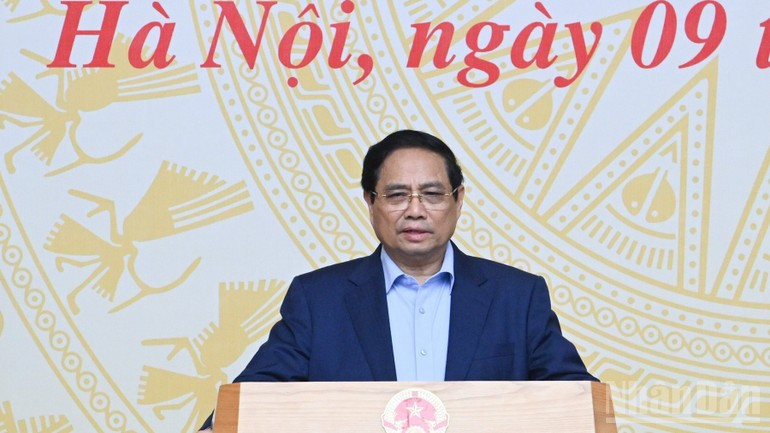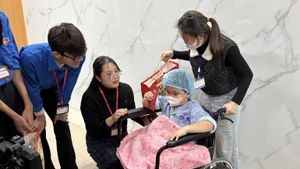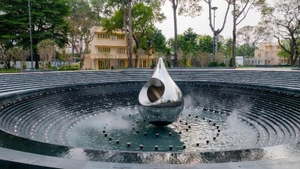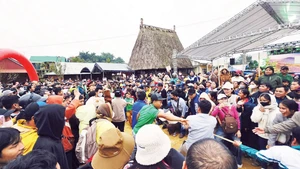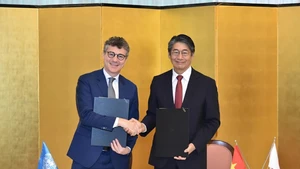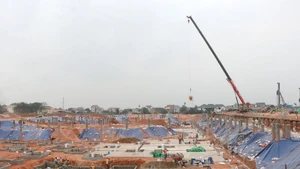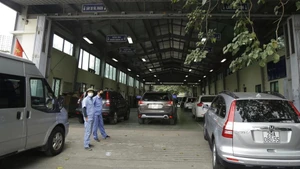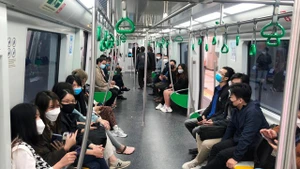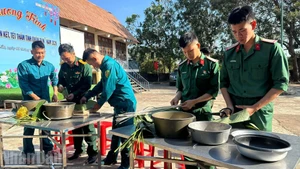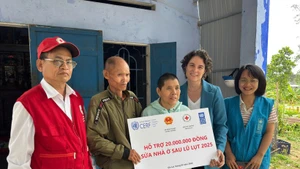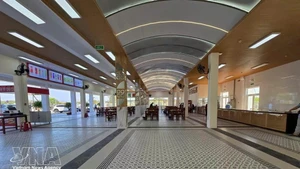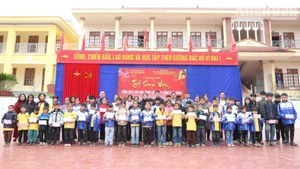Addressing the conference, the PM said the event holds important significance in strengthening political commitment, ensuring unified awareness, and setting out clear responsibilities for each stakeholder under the principle of “six clarities” — the clarity of personnel, tasks, timeline, responsibility, authority, and results.
PM Chinh stressed that the Party and the State have always attached special importance to drug prevention and control, issuing and implementing many strategic programmes that have produced positive outcomes. However, he noted that drug-related crimes remain complex, with trafficking and transport continuing to rise despite strict penalties. Statistics from the Ministry of Public Security show increases in the number of cases, offenders, and seized narcotics, with Viet Nam facing the risk of becoming a transit hub for drug trafficking. The issue of drugs infiltrating schools and the growing number of young addicts is particularly alarming, he said.
According to the PM, drug prevention and control must not rely solely on the police but require the joint efforts of the entire political system and society, including ministries, agencies, local authorities, the Viet Nam Fatherland Front, and mass organisations, especially at the grassroots level.
He emphasised the need for solutions to eradicate areas with complex drug-related issues, particularly drug abuse in schools, and to effectively implement the approach of “three reductions” — reducing supply, reducing demand, and reducing harm.
The government has submitted to the National Assembly the National Target Programme on Drug Prevention and Control to 2030 for approval.
According to PM Chinh, the effective implementation of this programme is crucial to reversing the growing threat of drugs, protecting people’s health and safety, and creating momentum for comprehensive and sustainable progress in national drug control efforts.
He also cited Party General Secretary To Lam’s recent direction calling for the building of “drug-free provinces and cities,” describing it as a demanding but meaningful goal that would bring far-reaching social impact if achieved.
The programme, approved by the government in March and outlined with specific tasks and measures by the Ministry of Public Security in September, aims to mobilise the collective strength of the political system and society in the fight against drugs, with a focus on grassroots-level prevention. By 2030, it targets at least 50% of communes and wards nationwide to be drug-free, and 100% of illegal drug cultivation and retail sites to be eliminated.
The total funding for the programme amounts to over 22,450 billion VND (851.73 million USD), sourced from the central and local budgets, as well as other legal sources.
